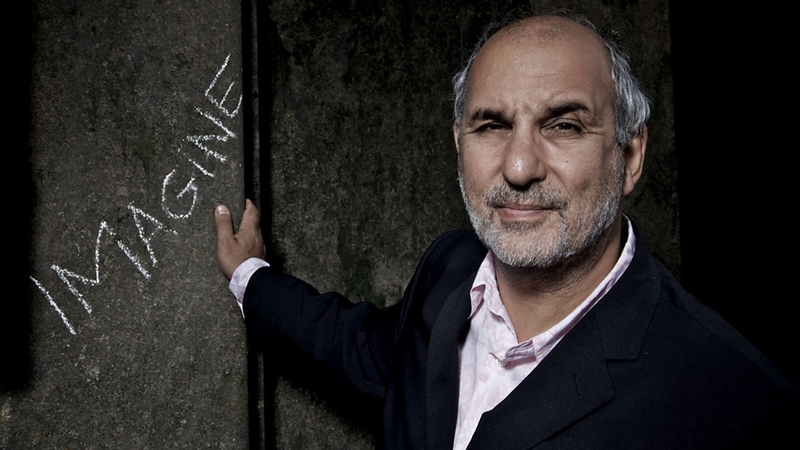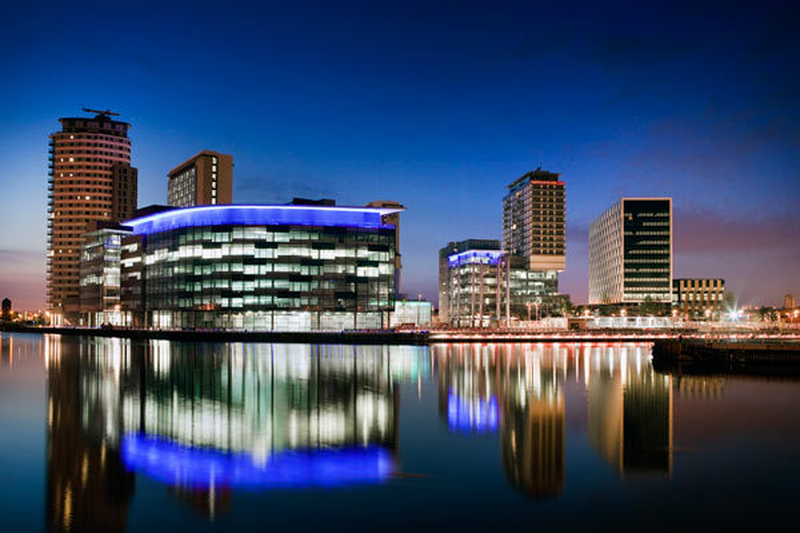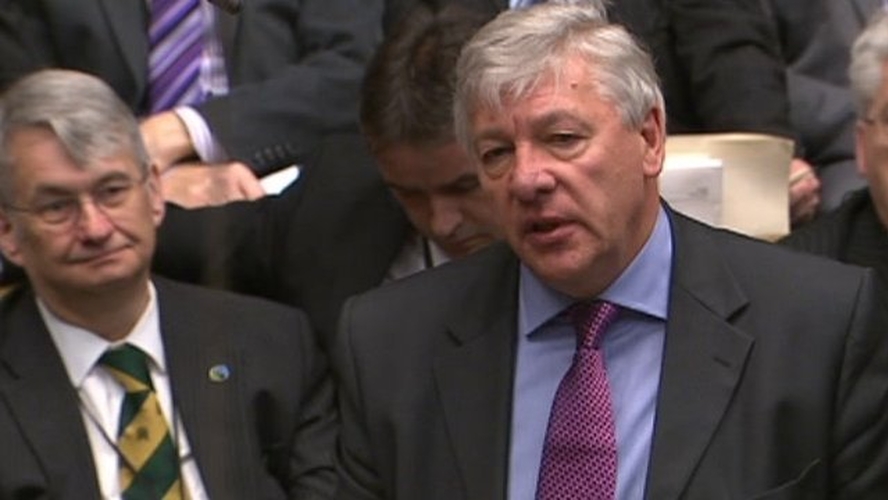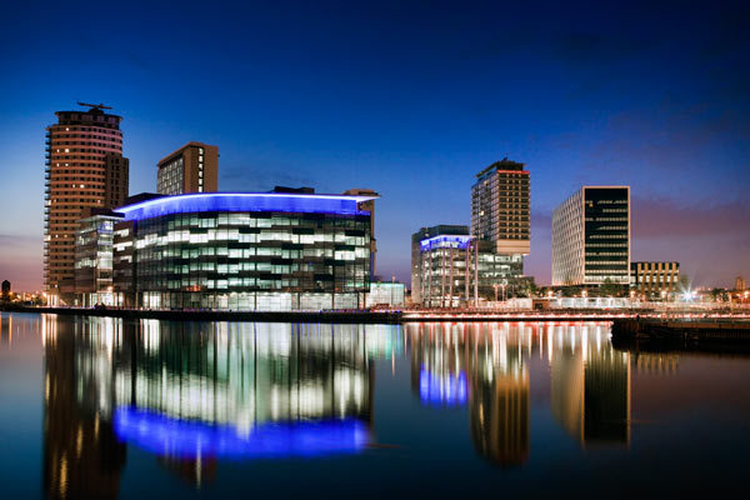MP for Blackley and Broughton, Graham Stringer, on why this could be the beginning of the end for the Beeb
Eleven AM on the 19th July 2017 may, in ten years' time, be seen to be the beginning of the end for the BBC.
They finally disclosed the bloated salaries of their journalists, actors and presenters, optimistically referred to on their website as 'talent' and 'stars'. This was not done willingly. They fought a rear-guard action for years, claiming that this would make them vulnerable to commercial rivals. In most cases this is fantasy. Sky, HBO, Netflix and Amazon are not lurking in the wings ready to offer the useless Alan Yentob or Newsnight’s Evan Davis huge salary increases. It might just be that BT or Sky would wish to further enrich Gary Lineker beyond his £1.75m remuneration package, but so what. Viewers could still enjoy Match of the Day presented by Gaby Logan on only £200,000, saving 10,000 viewers the cost of the licence fee.
This however, isn’t really the point.
The BBC is a publically owned body with the right to tax every household with a colour television set £147 a year. If you don’t pay you are prosecuted. 10% of cases in our Magistrates Courts are for non-payment of the licence fee. For the £3.7bn we licence payers hand over to the BBC, we surely have a right to know how it is spent. Now we know part of the story, we can see under the veil of secrecy that the pigs have had their noses deep in the trough.

The BBC have tried to deflect criticism by acknowledging gender bias. Male presenters are paid many times more than their female equivalents. This is a diversionary tactic that won’t work. Both men and women are overpaid at the top, just men more so. BBC spokespeople seem to be saying that women would have to have their pay increased. This would be an absurd response. Male salaries should be cut.
Can we trust the current management to do this? Absolutely not. They have managed to create both an inflated and discriminatory salary structure while ensuring that 106, yes 106 managers, receive larger salaries than the Prime Minister. There should be a cull of the vast majority of these executives, starting with the Director General, Tony Hall. This new management should not only be tasked with cutting the salary bill, but should open up the rest of the BBC to public scrutiny. We still don’t know how much is paid to people who are employed via private production firms or BBC Worldwide. Even worse, some of these personal companies are self-evidently tax-avoidance devices - something the BBC promised to end.

In the case of DJs such as the ludicrous Chris Evans, slashing salaries is not enough. They should bid to pay the BBC to chatter and 'spin disks'. There is huge commercial value afforded by the exposure given on Radio 1 and Radio 2.
The right-wing press are dancing jigs of joy at the decadence and self-enrichment exposed at the BBC. They would like to see the BBC destroyed and leave the airwaves open to a British version of Fox News. But the BBC’s real value is in producing (as far as it is possible) bias free news and setting this standard keeps other broadcasters honest. I know they haven’t always managed it, their coverage is generally pro-EU and London-centric, but this can be rectified in a way it never could with a wholly commercial news broadcaster - basing the whole of the BBC in Manchester would also help. The BBC is also vital in protecting and enhancing our culture with wonderful productions of our literary classics and innovative dramas.
The BBC has shot itself in the foot. If we are to have a BBC worthy of its objectives and licence fee in a decade or two, it must not be allowed to limp on. Only major surgery will suffice.
Graham Stringer (pictured top) is a regular columnist for Manchester Confidential. He is the Labour Member of Parliament for Blackley and Broughton with a majority of 22,982 after the 2015 election, up from 12,303 in 2010.
He was elected to Parliament in 1997 for the now abolished constituency of Manchester Blackley. Prior to this he was the Leader of Manchester City Council from 1984-1996. He is one of the few MPs to have scientific experience, as a professional analytical chemist. He is a member of The Science and Technology Committee at Westminster.
















